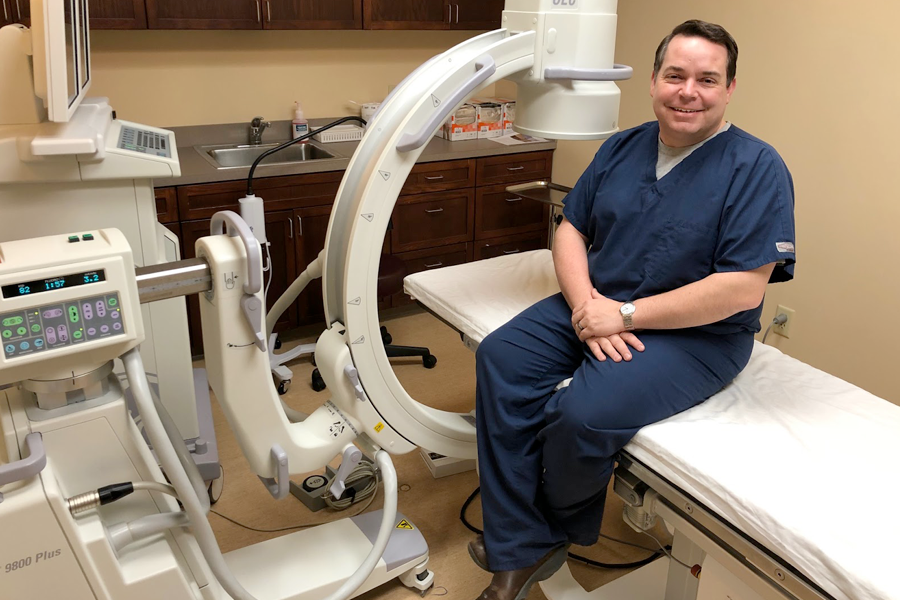The Doctor Is In! Q & A with Dr. John Frederick Payne, MD Reproductive Endocrinologist & PREG Partner ICSI and other advances in the Embryology Lab How Does the Embryology Lab Work in Fertility Treatment? Obviously, before we get to the lab and they do their part we have to do the in-vitro fertilization or embryo transfer so that we…
ICSI and other advances in the Embryology Lab







